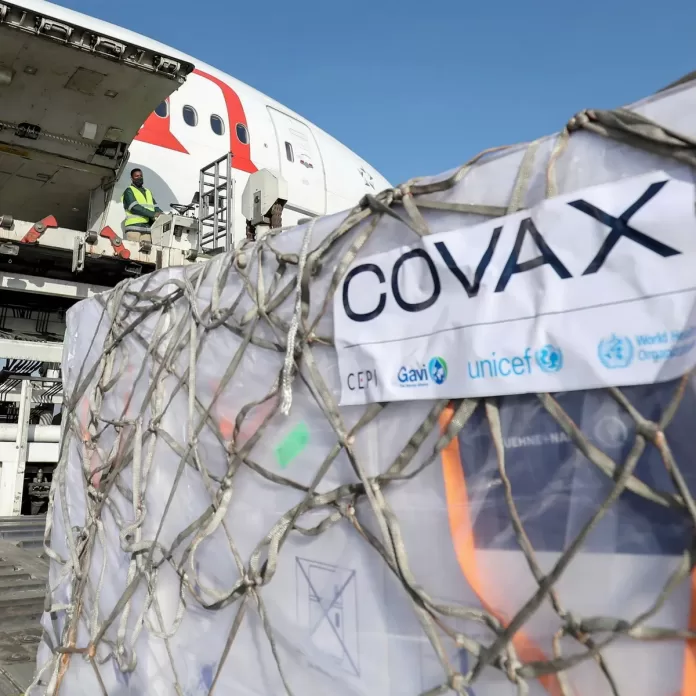Australia’s purchase of 500,000 Pfizer doses from the global vaccine-sharing Covax initiative has renewed debate about whether more Covid-19 vaccines should be reserved for developing countries.
On Tuesday Labor and the Australian Council for International Development questioned Australia’s purchase of 500,000 doses from the World Health Organisation-run scheme, which was first announced by the health minister, Greg Hunt, on 06 June.
Australia has paid $123m (US$89 million) to buy the option to purchase 25m doses from Covax and contributed a further $130m (US$94 million) to support vaccine access for low-income countries.
Although Australia received no Pfizer in the first round of Covax distributions in the first quarter, and no AstraZeneca in the second round from February to May, it is one of a number of developed countries that received Pfizer in the third round.
Although the largest allocations went to Colombia, Brazil, Mexico, the Philippines and South Africa, Australia bought 500,000 doses, the UK 539,370 and New Zealand 100,620.
The government has previously championed its participation in the scheme, which consists of a stream for developing countries to receive vaccines and a second stream that allows developed countries to buy vaccines if their domestic supplies are low.
Australia has plentiful supplies of domestically produced AstraZeneca and has given millions of doses to Indonesia, Papua New Guinea and other regional neighbours.
But due to medical advice that Pfizer is the preferred vaccine for people aged under 59 and greater vaccine hesitancy for AstraZeneca, Australia has been on a worldwide hunt for extra Pfizer doses. On Sunday the Australian government announced it had bought 1m doses of Pfizer from Poland.
The Australian Council for International Development chief executive, Marc Purcell, told the Sydney Morning Herald that Australia had shown “desperation to get the preferable vaccine, Pfizer, from any sources into Australia”.
“But we can’t forget that our fortunes are tied up with reducing and eradicating Covid in the developing countries that surround Australia,” he reportedly said.
“The Covax facility is open to countries in genuine need, but clearly countries like Indonesia, Philippines and Malaysia should be a priority for donors like Australia.”
The New York Times has reported that Pfizer wanted new doses to go to developing countries but Covax has insisted on fulfilling orders to developed countries such as Australia that had bought them at higher prices.
The Australian government does not publish real-time information about the source of vaccine doses, leading to confusion in July about the source of extra Pfizer doses to be sent to New South Wales.
LaboUr’s foreign affairs spokesperson, Penny Wong, said Australians “would have much more confidence in the vaccine rollout if Morrison were just straight with people”.
“If Morrison has had to resort to accessing vaccines intended for developing countries, he should be upfront about that,” Wong said. “Of course, if Morrison had done his job last year and secured sufficient supplies, we wouldn’t be in this position.”
In June Hunt told reporters in Canberra that Australia would receive 500,000 doses of Pfizer from Covax “in coming weeks”.
On Tuesday the shadow health minister, Mark Butler, said it was “an indictment” on the Morrison government’s vaccine acquisition strategy that Australia had to “go begging and scraping” to a facility set up for the world’s poorest nations.
Butler told reporters in Adelaide that Labor “welcomes any doses made available” but Australia should have secured more doses through private supply deals rather than relying on Covax.
The health department has rejected claims Australia’s purchase had taken doses from lower income countries.
A spokesman said this “completely misrepresents” the way Covax works, noting Australia had purchased doses from the stream reserved for 91 upper and middle income “self-financing member economies”.
“The additional doses Australia secured through Covax were never intended for low income countries and were never part of that section of Covax. To suggest otherwise is offensive.”.
SOURCE: THE GUARDIAN/PACNEWS














